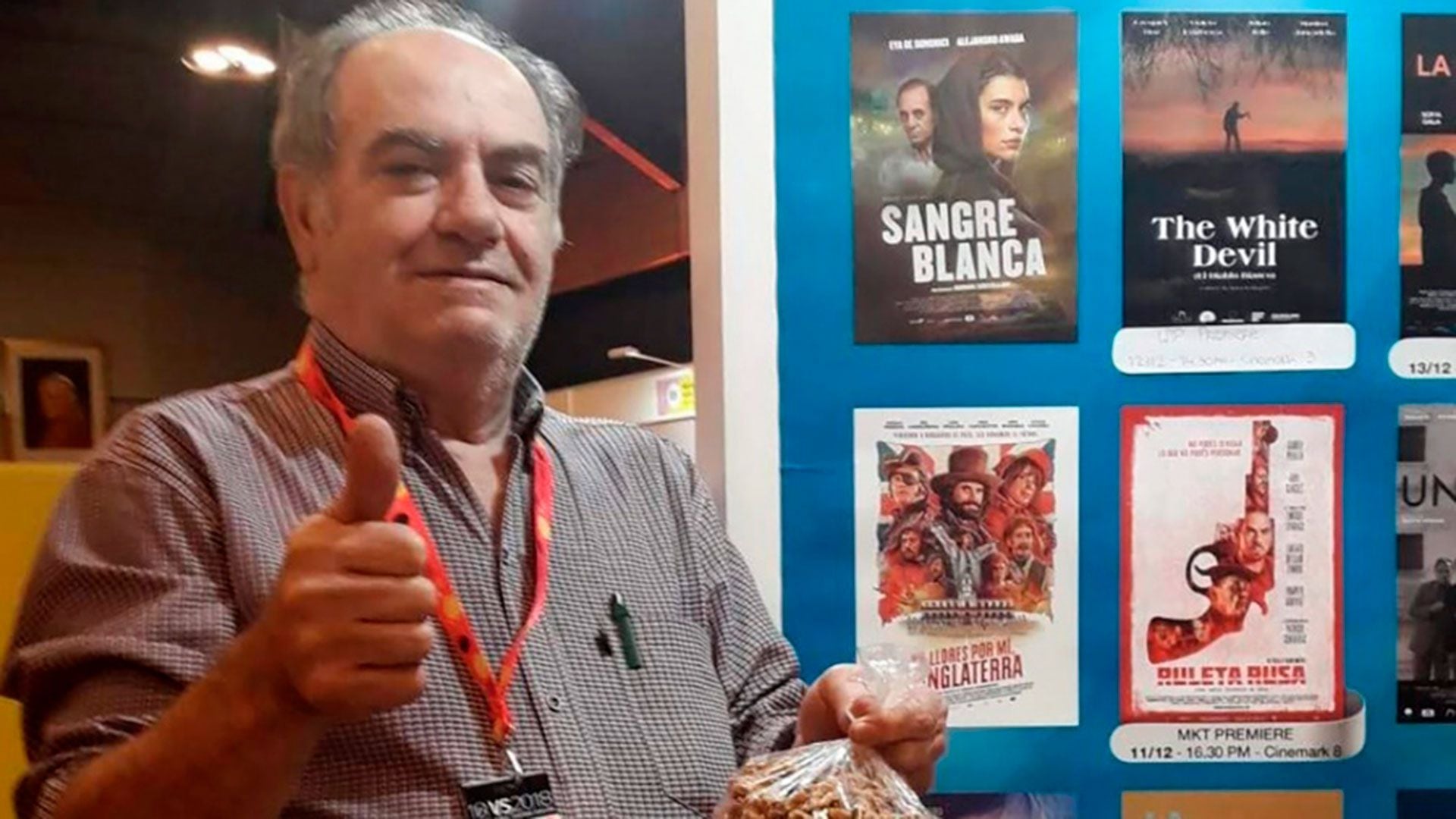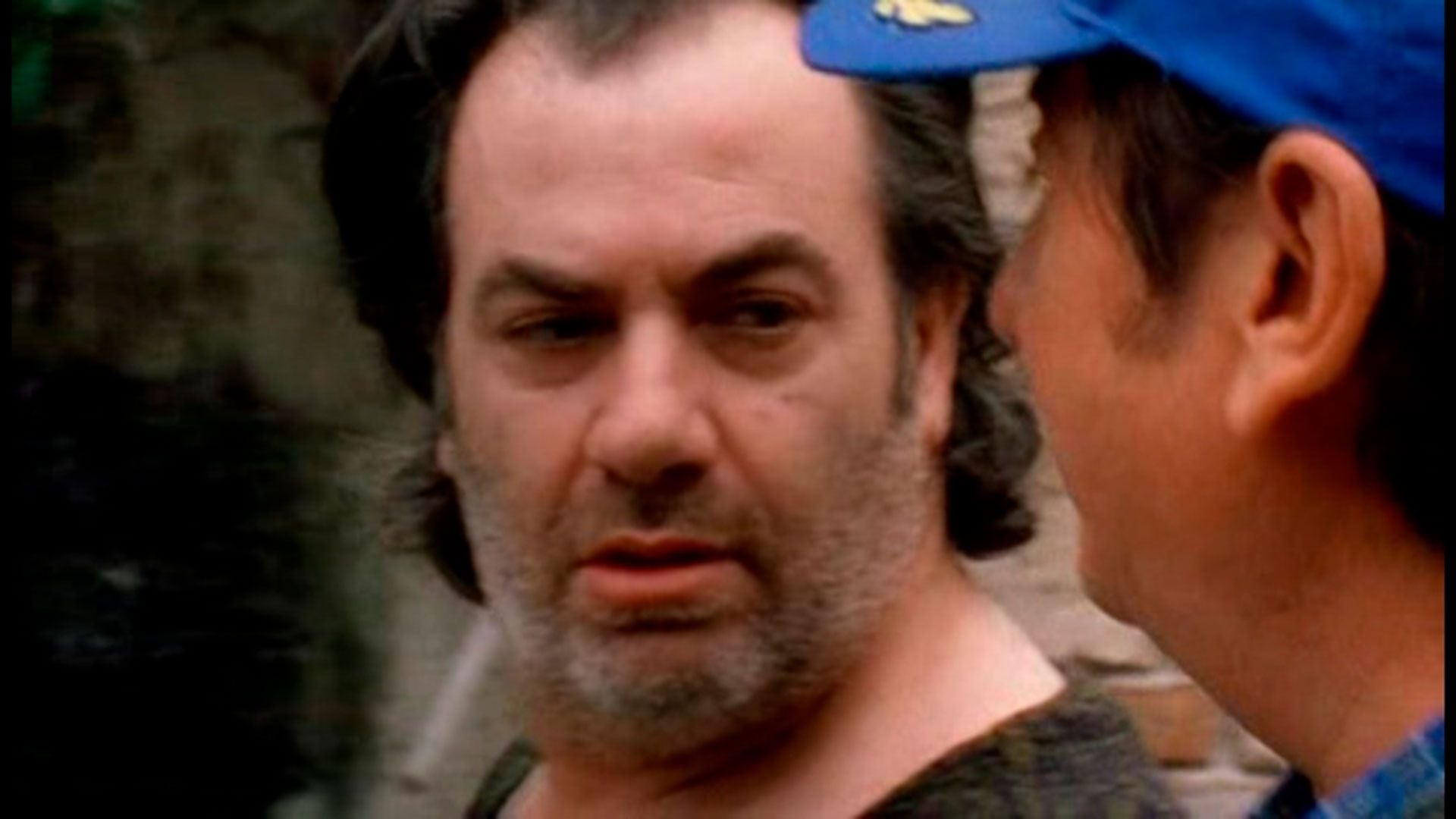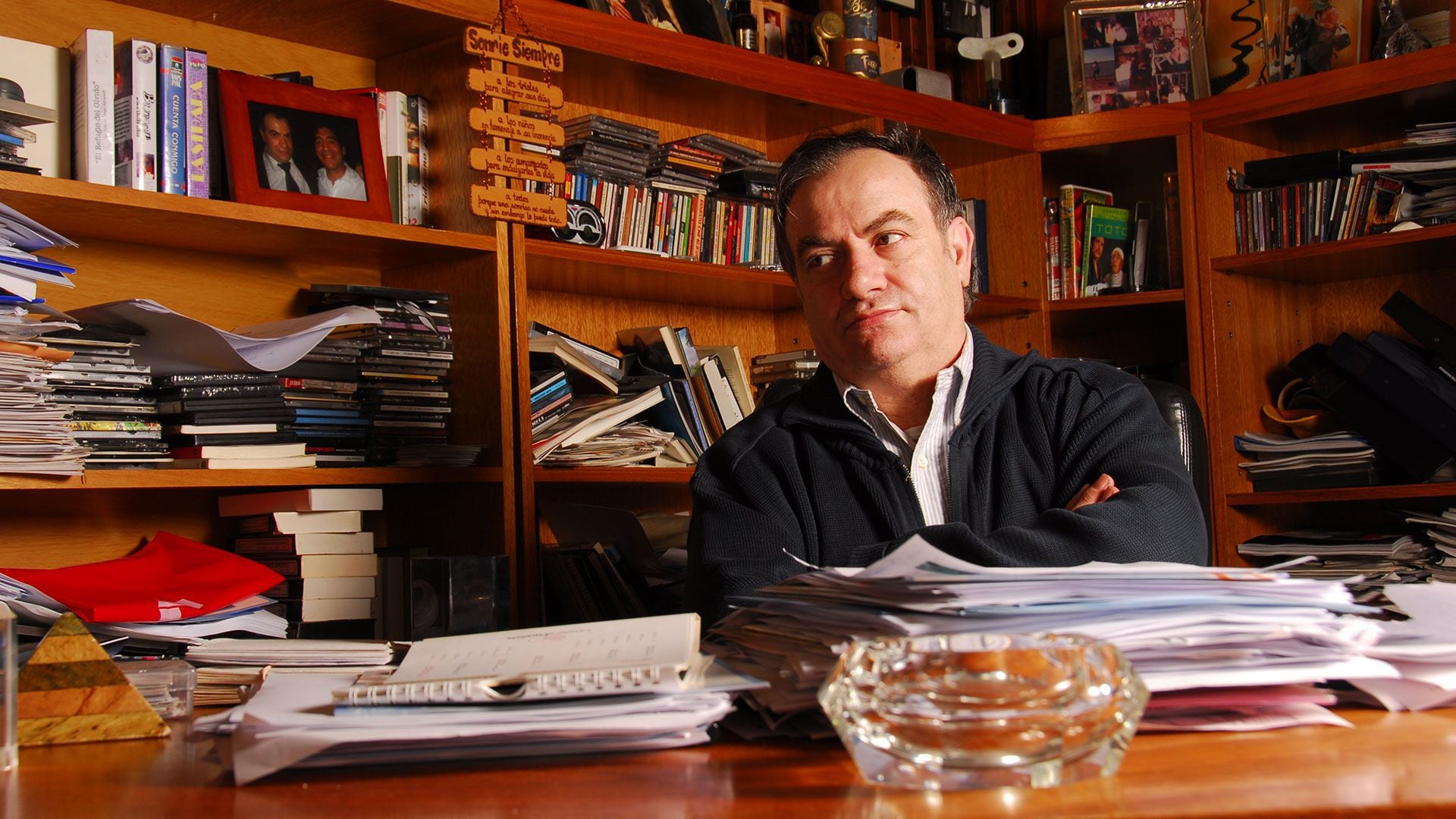
Film producer and distributor Pascual Condito, an endearing and beloved character of the local film industry, passed away this Thursday at the age of 73, his relatives reported. Condito was interned at the Cemic (Center for Medical Education and Clinical Research) in the Saavedra neighborhood, suffering from colon cancer.
Distributor, co-producer, tireless defender and great promoter of Argentine cinema, Condito, born in Catanzaro, Calabria, in 1948, as Pascual Condito Gioma, arrived in the country five years later. It was considered one of the living memories of local cinema from the democratic recovery to the present day.
Last night, the National Institute of Cinema and Audiovisual Arts (Incaa) issued a statement lamenting the death and highlighted as “fundamental its contribution to the distribution of international and, above all, national cinema, where it has concentrated its efforts since 2001″.
Its distributor, Primer Plano, based in Riobamba and Lavalle, “was a registered trademark at that time, where distributors were concentrated in that area, the cinema district,” added the Incaa communication.

“For the dear Pascual that neighborhood was his world, his city. If they didn't find him at the distributor, he was probably at the equine bar having a coffee, accompanied by someone from the sector and checking the billboard or the reviews in the paper newspapers,” the document reported.
The Argentine Association of Actors, the Buenos Aires Film Museum and the Ministry of Culture of the Nation also expressed their condolences through their social networks.
“Argentine film distributor whose films Cinemateca released and with which Martínez Carril made the most delusional agreements so that the 35 millimeter copies would remain in our archive. There will be no other like him,” the Uruguayan Cinematheque also mentioned on its Twitter account.
With minor appearances in more than 50 films, a product of the affection he aroused and as a tribute to his work, Condito was in the film industry from 1980 to the present day, in a double role back and forth through his production and distribution company Primer Plano.
On the one hand, it brought to the country outstanding European and world film titles that were high and medium risk commercial bets, independent of the majors, and, on the other, it exported Argentine films abroad.
Thus, he was the distributor in Argentina of titles such as Trainspoting, by Danny Boyle; The Game of Tears, Neil Jordan; Secrets and Lies, Mike Leigh; The Taste of Cherries, by Abbas Kiarostami; Buena Vista Social Club, by Wim Wenders, and Human Resources, by Laurent Cantet, among many titles.
And, in the opposite sense, he distributed Argentine credits in Europe such as Garage Olimpo, by Marco Bechis; Waiting for the Messiah, by Daniel Burman; and Historias mínima, by Carlos Sorín, among others.

As a co-producer, he participated in films such as Las mantenidas without dreams, by Vera Fogwill and Martín de Salvo; The Wind Carried What, by Alejandro Agresti; The Bottle, by Alberto Lecchi; and Conversations with Mom, by Santiago Carlos Oves, among others.
Since 2002, Primer Plano became the most important international distributor of Argentine cinema from the 90s to the present day with nearly 150 local titles.
As an actor he credits 37 titles, the most prominent in Sorín's El perro, as well as minor appearances in others such as Sofacama, Ulises Rosell; Wine to rob, by Ariel Winograd, or The King of the Eleven, Burman.
His life and work inspired the miniseries Vida de película, where he was personified by Luis Machín and which was seen throughout 13 episodes on Public Television in 2017, in a submission written by Jorge Maestro and Federico Barenboin, which he also produced.

He also gave rise to and stars in Marcos Martínez's 2015 biographical documentary about his life and work Behind the Screen.
“That's why maybe I'm insane, I'm a fan, I ask all of us who are here to fight to have our Argentinian film space in movie theaters and on television,” he said when he received the Silver Condor to the Career of the Association of Film Chroniclers, in a scene that records the film.
Source: Telam S.E.
KEEP READING
Últimas Noticias
Debanhi Escobar: they secured the motel where she was found lifeless in a cistern

The oldest person in the world died at the age of 119

Macabre find in CDMX: they left a body bagged and tied in a taxi
The eagles of America will face Manchester City in a duel of legends. Here are the details

Why is it good to bring dogs out to know the world when they are puppies




